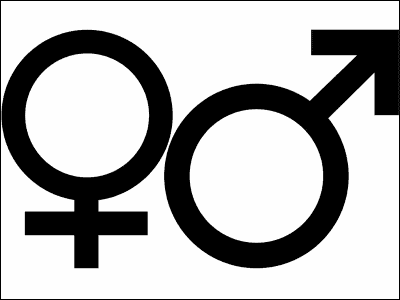Hiding the existence of 'people who ride for free in the community' can promote overall cooperation

Many people are familiar with the experience that even if it is troublesome for me, I will act when I am told that 'because other people are also doing it'. A paper published by a research team at the University of Pennsylvania found that even if there were 'people in the community who were free to benefit from the community without cooperating with others,' it would be better to hide their existence from the members of the community. It was shown that the whole cooperation can be promoted.
False beliefs can bootstrap cooperative communities through social norms | Evolutionary Human Sciences | Cambridge Core
Obscuring the truth can promote cooperation | Penn Today
https://penntoday.upenn.edu/news/obscuring-truth-can-promote-cooperation
Napster , a P2P file sharing software launched at the end of the 1990s, had a mechanism for users to share music files with each other. However, the users who actually upload the files are a part of the whole, and many users are 'free riders' who simply download the files they want.
Napster has hidden the fact that many users are free to ride to encourage cooperation between users. He falsely claimed that 'all users share files' and announced only 'average number of file shares for all users'. This tactic stimulated the social norms of fairness that humans have, leading to more users sharing files.
Knowing this story, Bryce Morsky, a postdoctoral fellow at the University of Pennsylvania, was interested in whether the strategy adopted by Napster could be applied to other communities. 'Generally, the literature on cooperation states that in order to get cooperation, you need to have a mutually beneficial relationship, and you need to know the reputation of the people involved. However, Napster users are anonymous, so they receive the file. There should have been widespread 'cheating' that wasn't shared on its own, but cooperation continued. Obscuring the extent of cheating worked in Napster, but this is more generally true. Is it sustainable? ”Morsky said.

Morsky and colleagues created a mathematical model that simulates the formation and maintenance of the community and analyzed the impact of hiding the presence of non-community members.
In reality, some people voluntarily cooperate even if no one around them cooperates with the community, others continue to ride for free even if many people around them cooperate, and others are disillusioned with the community and leave. Therefore, the threshold value that 'if ○% of people cooperate with the community, they also cooperate' differs from person to person. Therefore, in this model, 'threshold value to start cooperating with the community' and 'threshold value to leave the community disappointed by the difference between the ideal cooperation level and the reality' are set differently depending on the individual.
The research team first assumed that 'innocent people' who believed that 'everyone else in the community was cooperating' would join the community. In this case, the newly joined 'innocent person' will start voluntary cooperation because he believes that most of the people around him are cooperating.
However, in due course, 'innocent people' become familiar with the internal circumstances of the community and find that 'there are not as many people who actually cooperate as expected.' Then, according to the preset thresholds, you will stop cooperating with the community, leave the community, or continue to cooperate. This research is an analysis of mathematical models constructed in this way.
Model analysis showed that lowering the percentage of participants aware of the true level of cooperation, or hiding the true level of cooperation within the community and continuing to pretend to be higher than it really is, will increase the overall level of cooperation. Also, a wise person who notices the true cooperation level at an early stage will leave the community early, but as a result, the cooperation level of the entire community will be kept high.

Morsky did not reveal the exact percentage of people who actually cooperate with the community when many people think that they will not cooperate with the community unless the level of cooperation around them is high, and gave a higher number than it actually is. He argued that the overall level of cooperation could be increased.
Related Posts:
in Note, Posted by log1h_ik







